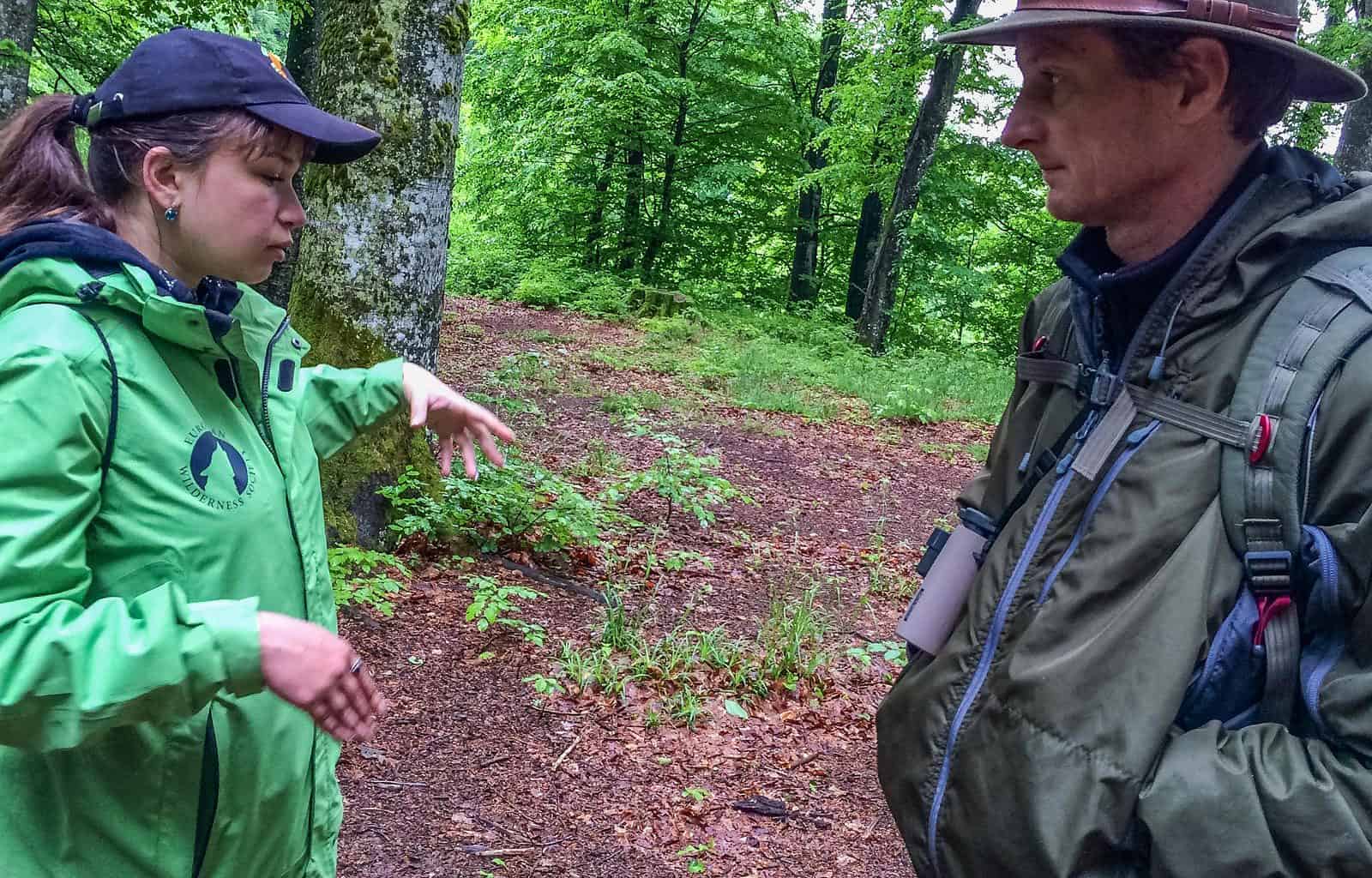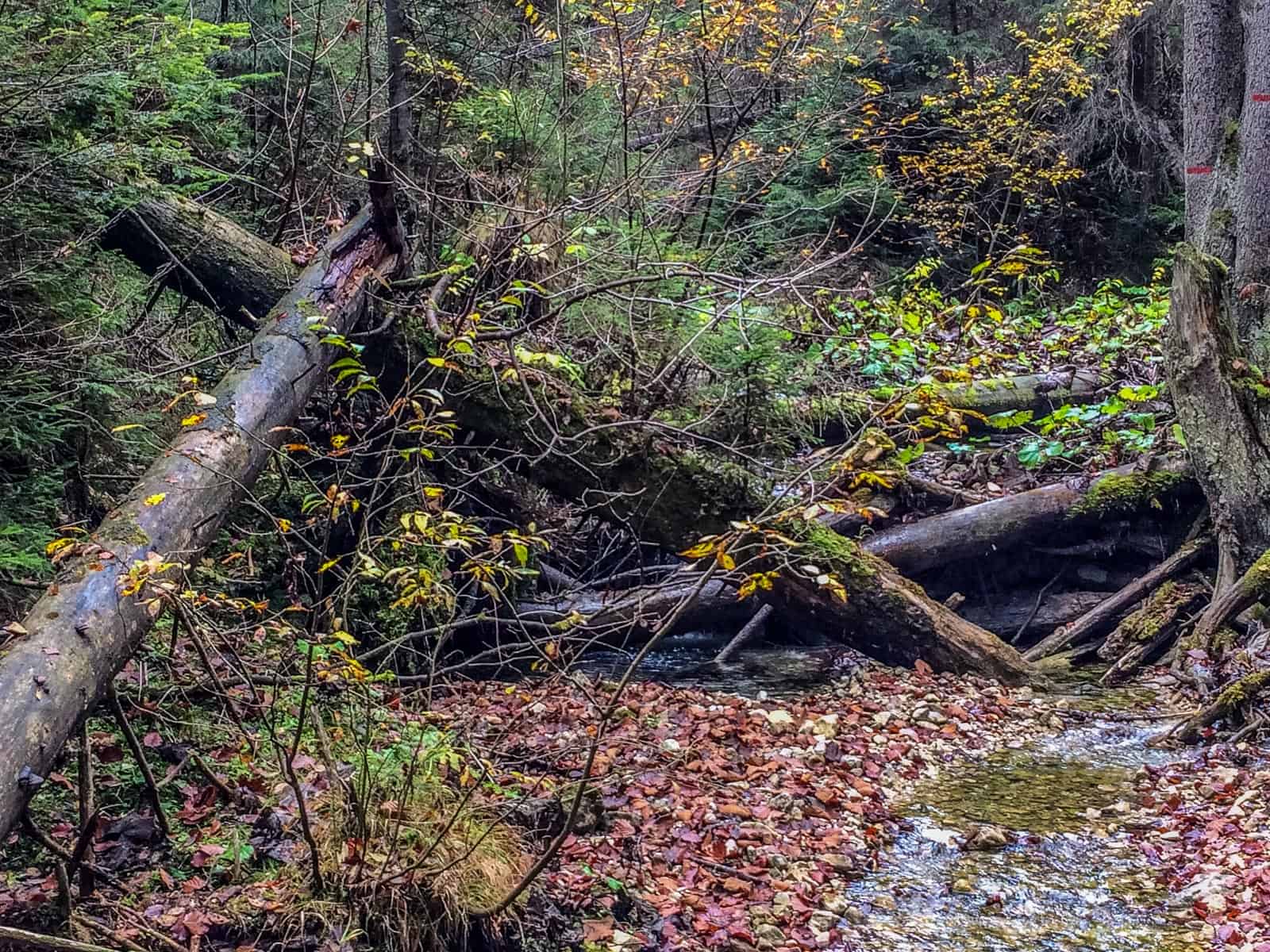10th Meeting of the Carpathian Convention Working Group on Sustainable Tourism
On 15th of April 2021, the 10th Meeting of the Carpathian Convention Working Group on Sustainable Tourism (WG Tourism) took place. The meeting had two key objectives: a) to get updates on the implementation of the Protocol on Sustainable Tourism to the Carpathian Convention (hereinafter the Protocol) in the Carpathian countries and b) to facilitate discussion on further activities of the WG Tourism with the support of the Carpathian Sustainable Tourism Platform (CSTP) and its official Centres. The degree to which both of these aims have been taken into account by the parties to the Convention can be evaluated in the update section of the table below.
| Country | Updates |
| Czech Republic | – National document to implement the Protocol has been enforced. – National roundtables on the process of the Carpathian Convention take place on a regular basis. – Besides the implementation of the specific projects related to the Carpathian Convention, the country is also proactive in other sustainability-related developments e.g., European Cultural Route of Saints Cyril and Methodius. |
| Hungary | – Active in implementing the Carpathian Convention in general. – Legislation regarding the sustainable tourism has been specifically influential at the national level: it has become a horizontal goal in various national plans and strategies, produced by the Hungarian government. |
| Poland | – To date, several ministries have supported the development of the sustainable tourism practices in the Carpathians. Financing is currently dedicated towards the projects which will do both – create better tourist routes as well as promote safety within those routes. – 1 memorandum of cooperation has been signed within the frame of the CSTP, namely – MoC – between the CSTP Centre – Poland and the Secretariat of the Carpathian Convention. – Poland is also actively developing sustainable highking tourism e.g., Trekking without backpack project. |
| Romania | – Active in implementing the Strategy for Sustainable Development in the Carpathians. For detailed information on the country’s updates in relation to this theme, please click here. |
| Slovakia | – This year, the country focuses on the promotion of the sustainable practices in the protected areas. – Ministry of Environment of Slovak Republic is actively working with several local and regional organisations, especially focusing on cleaning mountain trails together with hiking and cycling spots. – Ministry of Transport and Construction of the Slovak Republic is also an important actor within the sustainable tourism realm. To check some of the projects supported by this authority please click here. |
| Ukraine | – Sustainable development in the Carpathians is promoted alongside general government as well as several other related private (especially regional) organisations. – Network of national parks and relevant infrastructure for sustainable tourism is also in progress. – The country is preparing to host an online meeting with relevant sustainable tourism experts from around the world. |
Carpathian sustainable tourism and the European Wilderness Society
While promoting the essential sustainable tourism knowledge within the Carpathians, the European Wilderness Society has already launched several projects in Ukraine. Among them, there are such initiatives as waste management training courses, ranger training courses, as well as many others. Furthermore, Ukrainian experts have also established a school on sustainable tourism. This school teaches the basics of sustainable tourism development in the Ukrainian Carpathians. It also includes various trainings for businesses in relation to risk management and green tourism. To have a deeper grasp into these subjects, please check the available presentation here.
The WG Tourism has recognised our Centalparks project, together with its key focus on the integration of biodiversity conservation and sustainable development as another good practice example on sustainable tourism development in the Carpathian region. Moreover, during this meeting, we have also promoted other collaborative projects that European Wilderness Society is currently running with CEEweb. As such, one of the key project ideas is the development of sustainable tourism database. The idea behind such database is to sufficiently implement and further upscale both the existing and the upcoming sustainable tourism projects in several Carpathian countries. With the essential help from seven Carpathian experts, such encyclopaedia is will include the latest sustainable tourism success stories. This, in turn, serve as great motivational and exemplary triggers not only for the Carpathian countries, but for all other countries across the world as well.







